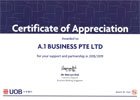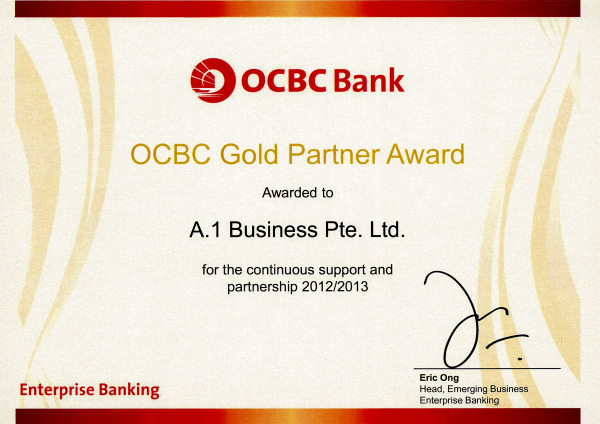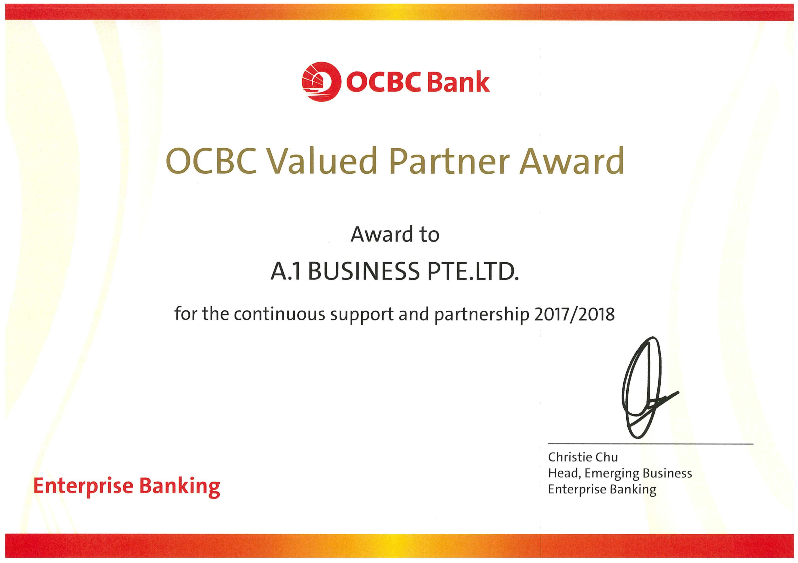Accounting Practise: Preparing Balance Sheets
The preparation of balance sheets is one all accountants should master as an accounting practise, since this process is one that will require performing frequently. Balance sheets can be considered amongst one of the major financial statements that are produced after all. If you are beginning with basic accounting practise, here’s what you should know about the process:
Accounting balance sheets represent the financial position of a corporation at a specified end of a certain date- all transactions spanning through the set end date is recorded and reported. Accounting balance sheet information allows creditors to keep track of what the corporation currently owns, and what it still owes to other relevant parties. This is also the information required by bankers to gauge if the corporation qualifies for more credit or more loans. As basic accounting practise, focus on three important aspects in the overall formula used- Liabilities, the Owners’ Equity as well as Assets. The total amount of assets a corporation has is equivalent to the sum of both it’s liabilities and the Owners’ Equity.
Assets
Assets are resources the corporation acquires through the process of transactions. These resources typically own future economic value that allows accountants to measure and express through dollars. Assets can also include costs that are paid in advance but not expired, for example: Advertising services. Asset accounts typically contain debit balances, where contra assets contain credit balances.
Liabilities
Otherwise known as corporate obligations, these are currency owed to the company’s creditors for transactions. Liabilities are either treated as a contributing source of a corporation’s assets, or a claim against the corporation’s assets. They can also be the currency that is received in advance for future products or services. These liability accounts usually contain credit balances, whereas those with debit balances are referred to as contra liabilities.
Standard accounting practise allows corporations to term liabilities as commitments (where liabilities are only considered on balance sheets when the services/goods are received), potential liabilities ( product warranties, loan guarantees, lawsuits) and long-term liabilities ( loans that are paid through monthly payments over a period of time).
Owners’ Equity
The Owner’s Equity or Stockholder’s Equity is used when referring to the corporation’s book value, where the asset amounts reported are a sum between the equity as well as liability amounts. Depending on the nature of the corporation, different terms apply- sole proprietorships make use of the Owner’s Equity where Stockholder’s Equity is often used for corporations with multiple stockholders. Both accounts should normally carry credit balances.
An owner’s equity is typically represented with either two or three accounts on the accounting balance sheet. A stockholders’ equity however, would be represented in a section of the balance sheet through considerations like treasury stock, accumulated comprehensive income, paid in capital, and retained earnings. Revenues earned and gains typically increases the owner’s equity while expenses and losses causes it to decrease. For corporations performing services and increasing assets, the equity increases when the service revenue account is closed at the end of the year.
These are the accounting basics to keep in mind when preparing balance sheets. Different accounts contain different sectors to refer, doublecheck and report on. Make sure to pay attention to these details when preparing your balance sheets and use the notes or foot notes section of balance sheets to inform or address any additional information that facilitates better comprehension and analysing of the overall financial statement.




















































